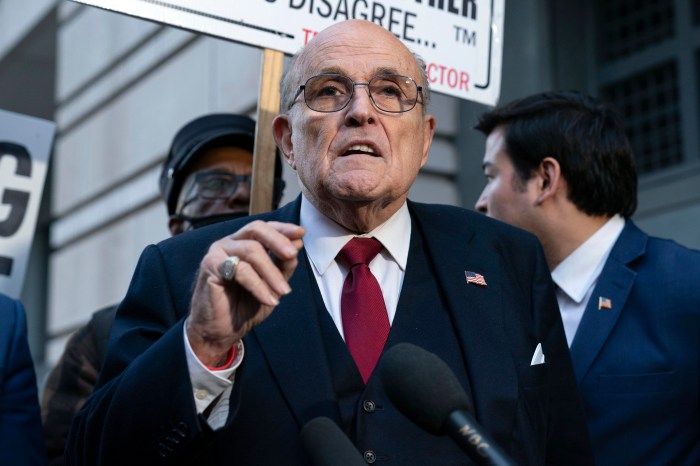OTTAWA – The Conservative government’s move Tuesday to curtail debate on legislation creating a new pooled pension plan illustrated some of the potentially scalding political perils of retirement reform.
There is nothing very controversial about the Harper government’s December 2010 promise to add a relatively low-cost, private pension option that can be used by employers and workers to set up retirement savings plans.
While opposition parties have dismissed “Pooled Registered Pension Plans” as missing the mark or redundant, the critiques have been relatively mild. The proposal offers an additional way for Canadians to save for retirement, which few can condemn.
“This is really just another group RRSP,” NDP critic Irene Mathyssen complained Tuesday in the House of Commons. “It has none of the benefits of the Canada Pension Plan.”
But as parliamentarians returned from a six-week break, debate on the legislation has provided opposition MPs a venue to tee off on a far more contentious notion — tinkering with Old Age Security.
Prime Minister Stephen Harper let the pension genie out of the bottle last week with a speech in Davos, Switzerland, where he made the case that OAS, in its present form, is unsustainable in the longer term.
His government has been playing defence ever since, stoutly insisting that current “seniors will not lose a penny” — but leaving future pension provisions in a cloud of ambiguity.
The lack of clarity has allowed the pension issue to dominate the first two question periods of the winter sitting of parliament, with the prospect of many more to come.
“Seniors are worried about their future, but they are also worried about the future of their children and their grandchildren,” interim NDP Leader Nicole Turmel lamented Tuesday. “Our seniors have worked hard to give a better life for future generations.”
Harper was left to reiterate that no immediate benefit changes are coming, while enigmatically affirming that “younger generations expect us to ensure the system is viable for them.”
Into this morass, the government brought forward for debate Bill C-25, the innocuous pooled pension bill. But the manoeuvre simply allowed the opposition to keep the kettle boiling and maintain the whole pension issue in the public eye.
Liberal Leader Bob Rae, ostensibly addressing pooled pensions, barely touched the legislation itself in his address to the Commons earlier this week.
“The Conservative Party was opposed to the original Canada Pension Plan,” he charged, digging back 85 years for fodder.
“The leader of the Conservative Party, in his then job as the president of the National Citizens Coalition, was opposed to the improvements in the Canada Pension Plan (in the 1990s) that led to its sustainability — for which he took credit at Davos in his speech last week.”
By Tuesday morning, the Conservatives had heard enough. The majority voted to limit debate on second reading of Bill C-25 to two more days.
“That they’re willing to delay and obstruct that and not allow it to go forward to a vote is really surprising to me,” said Peter Van Loan, the government House leader.
But after only a single day of parliamentary debate, there had been no evidence of obstruction, only opposition MPs doing what they’re paid to do.
The Harper government has limited debate on legislation 13 times since it won its majority last May according to the NDP.
While debate was curtailed on a number of previous Conservative bills because they were highly contentious or time sensitive, the pooled registered pension is not.
“Probably they are worried about the seniors’ reaction to this,” Turmel said when asked about why “time allocation” was invoked so quickly.
“Already, we have seen reaction from their own voters on this issue about pension.”
Harper having raised pension reforms himself out of the blue last week, the issue appears to be a topic his Conservative government no longer wants to discuss.


















